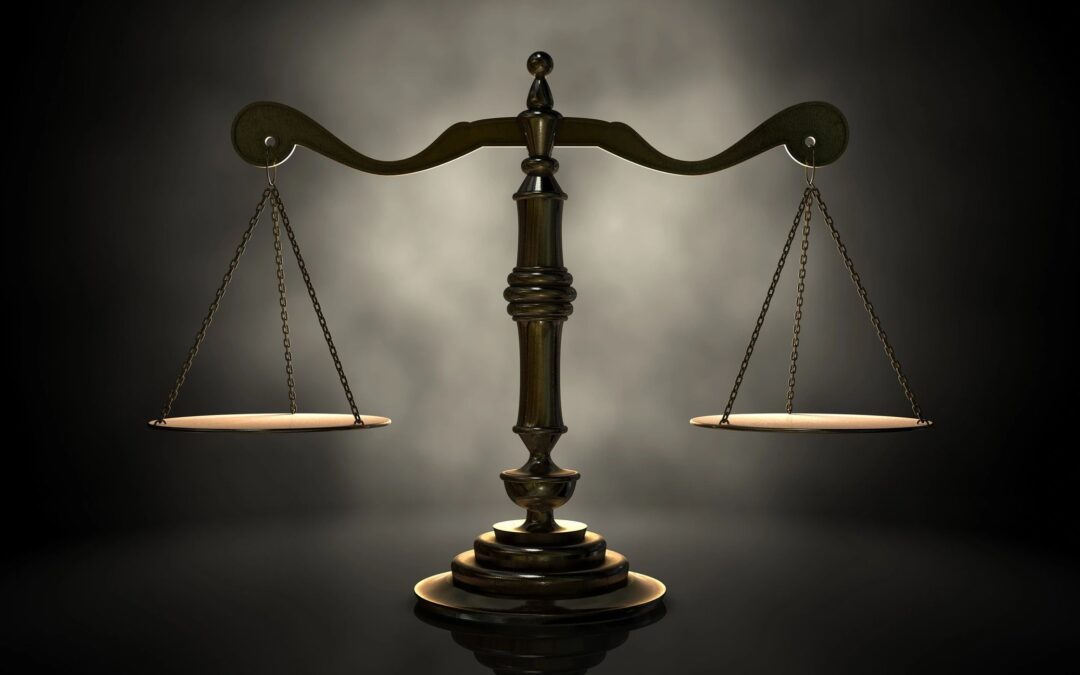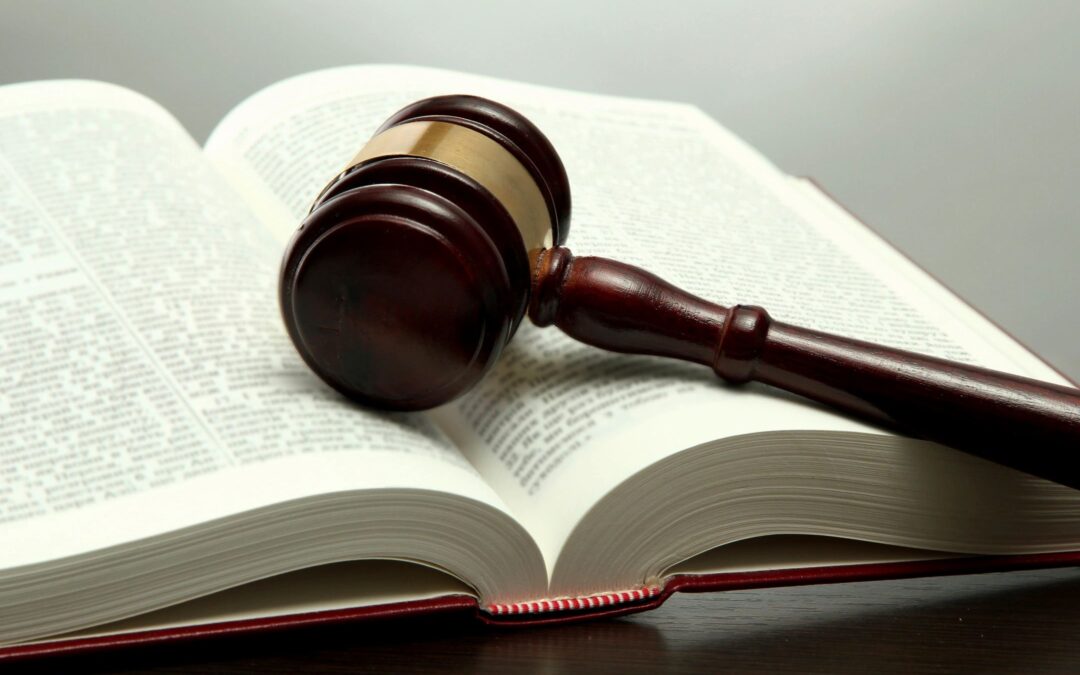
by Matthew Johnson | Sep 27, 2022 | Evidentiary Issues, Expert Witnesses
By Stephanie Mishaga and Matt Johnson – In a recent Boardside Chat webinar, a panel made up of PTAB judges and practicing attorneys discussed the use of experts and expert testimony in American Invents Act (AIA) proceedings. The panelists stressed that...

by Matthew Johnson | Dec 8, 2020 | Evidentiary Issues, Expert Witnesses, PTAB News
By Matt Johnson – On December 8th, the PTAB published a Final Rule, formalizing a number of PTAB practices dictated by case law and described in the current Trial Practice Guide. The one substantive change of note is the removal to deference to the...

by Matthew Johnson | Jan 24, 2020 | Discovery, Expert Witnesses
By Marlee Hartenstein and Matt Johnson – In a series of IPR proceedings between Petitioner Adobe Inc. and Patent Owner RAH Color Technologies LLC, the Patent Trial and Appeal Board declined to extend attorney work product protection to deposition questions...

by Emily Tait | Sep 9, 2019 | Expert Witnesses, Petitions, Trial Institution
By Emily Tait The PTAB recently denied petitioner’s request for rehearing of a decision denying institution of inter partes review, rejecting the argument that the Board’s denial was based on an erroneous analysis of the “non-exhaustive” General Plastic factors. See...

by John Evans, Ph.D. | Feb 15, 2018 | Evidentiary Issues, Expert Witnesses
By: John Evans, Ph.D. and Dave Cochran An expert asserting that a patent claim reciting different features than the prior art is nonetheless “equivalent” to the prior art must address and account for the recited limitations head-on, or otherwise lose persuasive...

by Joseph Beauchamp | Aug 21, 2017 | Expert Witnesses
By Joe Beauchamp Many attorneys have encountered an opposing party’s witness that provides very concise, supportive responses to the questions of the witness’s own attorney after a recess in a deposition. Often, these helpful responses occur during re-direct of the...







